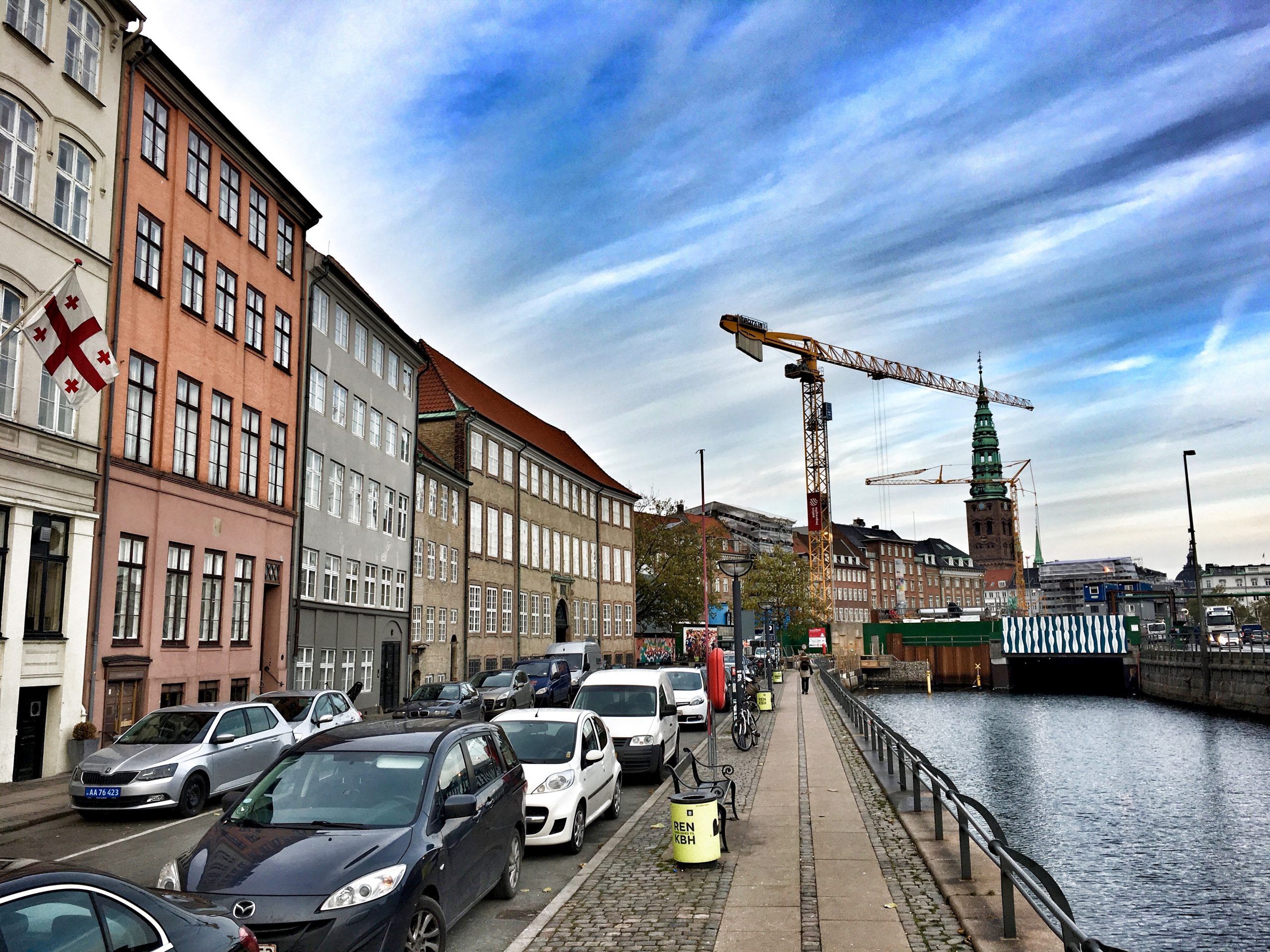Copenhagen does quite poorly at encouraging people to travel by public transport such as bus, train and Metro.
Not so strange, you might think; Copenhageners cycle instead. Not quite. A new mobility statement from Copenhagen Municipality reveals the number of cars on the capital’s roads is expected to grow by 18 percent towards 2035.
This is in stark contrast to the municipality’s own target that car traffic in 2025 must constitute no more than 25 percent of total traffic. In 2022, car traffic accounted for 26 percent of total traffic. But that number could have been higher had it not been for sharply rising energy and fuel prices.
When the development is discussed today by Copenhagen’s Technology and Environment Committee, politicians will find Copenhagen at the very bottom compared to other regional metropolises, as only 21 percent of total transport is collective in Copenhagen.
In Amsterdam the share is 25 percent, in Helsinki 29 percent and in Oslo a whopping 37 percent.
Tolls ahead for car-drivers?
Copenhagen’s technology and environment mayor, Line Barfod (EL), would like to make it more difficult and expensive to be a motorist in the city.
“The stupidest thing we can do is make the roads bigger and build even more parking facilities. We know from experience that this leads to even more cars. Congestion tolls are an important part of the solution. Then we must create better public transport along with better cycling infrastructure, so that more people want to take the bike,” she told TV2 Kosmopol.
Venstre don’t identify the problem as reducing the number of cars, but rather reducing congestion. Accordingly, a harbour tunnel and more Metro lines offer a solution.
“We would like to establish more Metro lines, and we also want to establish a harbour tunnel so the traffic is directed under the city and under the harbour,” said the capital’s integration and employment mayor, Jens-Kristian Lütken (V).
According to Lütken, the solution to cutting the number of cars entering the city from the surrounding municipalities is to build even more Metro lines.
“We are investigating the possibilities of expanding the Metro even more, so that it will actually reach out to some of the surrounding municipalities. It can also help to move some people away from their own car and onto the Metro, so that we get less congestion,” he said.














